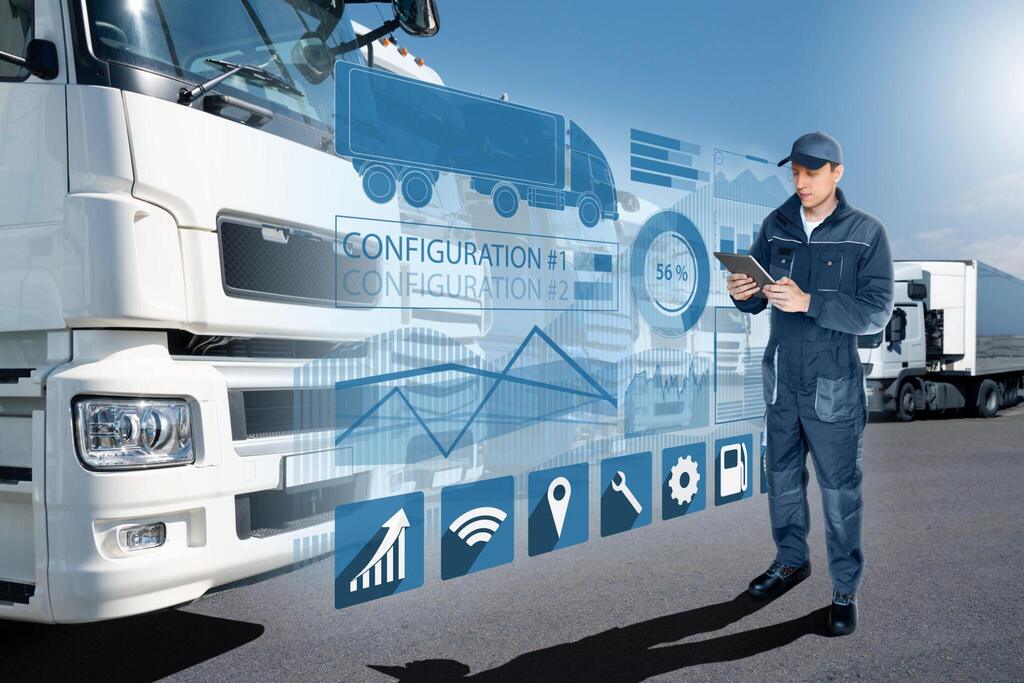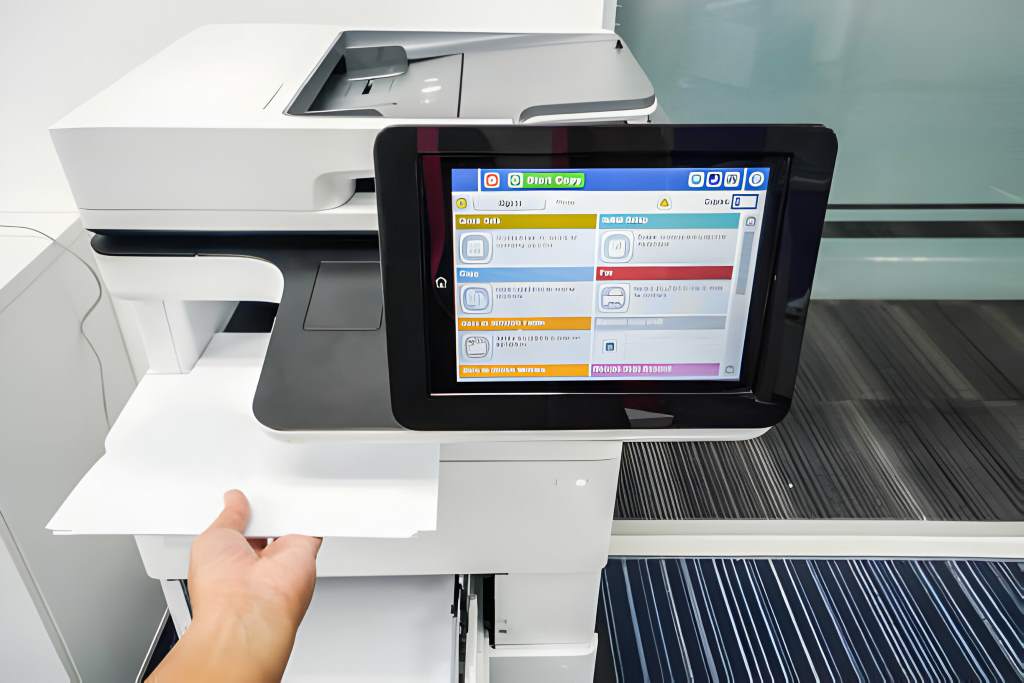The trucking industry is the lifeblood of global commerce, transporting goods and materials across vast distances efficiently and reliably. However, the traditional image of trucking as a rugged, low-tech industry is rapidly evolving. In today’s digital age, Information Technology (IT) services are playing an increasingly vital role in enhancing trucking performance.
From optimizing routes to improving fuel efficiency and ensuring timely deliveries, IT services are revolutionizing the way trucks operate on the road. This article explores the multifaceted role of IT services in the trucking industry and how they are transforming logistics into seamless connectivity.
The Evolution of Trucking Technology
The evolution of trucking technology has been marked by significant milestones that have transformed the industry from its humble beginnings to the sophisticated, interconnected network we see today. Here’s a look at the key stages of this evolution:

Early Challenges and Solutions
Trucking has come a long way since its inception, evolving from horse-drawn carriages to sophisticated diesel-powered vehicles. However, the industry has always faced challenges such as route optimization, fuel efficiency, and driver safety.
In the past, these challenges were addressed through manual processes and rudimentary technologies. Drivers relied on paper maps to navigate routes, and dispatchers communicated with drivers via radio or telephone.
Emergence of Telematics
The advent of telematics marked a significant milestone in the evolution of trucking technology. Telematics systems leverage GPS technology to track the location and movement of vehicles in real-time.
These systems provide valuable insights into vehicle performance, driver behavior, and fuel consumption. By analyzing telematics data, fleet managers can optimize routes, identify inefficiencies, and improve overall operational efficiency.
Integration of Fleet Management Systems
As technology continued to advance, trucking companies began integrating fleet management systems into their operations. These systems provide a comprehensive suite of tools for managing every aspect of fleet operations, including vehicle maintenance, scheduling, and dispatching.
By centralizing data and automating routine tasks, fleet management systems streamline operations and enable companies to operate more efficiently.
The Role of IT Services in Modern Trucking
The role of IT services in modern trucking cannot be overstated. In an industry where efficiency, safety, and reliability are paramount, IT services for trucking play a crucial role in optimizing operations, improving decision-making, and enhancing overall performance. Here are some key aspects of how IT services are shaping modern trucking:

Route Optimization
One of the primary benefits of IT services in trucking is route optimization. Advanced routing algorithms analyze factors such as traffic patterns, road conditions, and delivery schedules to determine the most efficient routes for drivers.
By minimizing unnecessary detours and reducing idle time, route optimization software helps trucking companies save time and fuel, ultimately improving their bottom line.
Real-Time Tracking and Monitoring
IT services also enable real-time tracking and monitoring of vehicles and shipments. With GPS technology and telematics systems, fleet managers can monitor the location, speed, and status of each vehicle in their fleet at all times.
This visibility allows companies to proactively address issues such as delays, breakdowns, or route deviations, ensuring that deliveries are made on time and in full.
Predictive Maintenance
Another key advantage of IT services is predictive maintenance. By leveraging data from onboard sensors and telematics systems, trucking companies can predict when vehicles are likely to experience mechanical issues and schedule maintenance accordingly.
This proactive approach minimizes the risk of unexpected breakdowns and helps companies avoid costly repairs and downtime.
Driver Management and Safety
IT services also play a crucial role in driver management and safety. Electronic logging devices (ELDs) track drivers’ hours of service to ensure compliance with regulations and prevent fatigue-related accidents.
Additionally, driver performance monitoring systems analyze factors such as speed, acceleration, and braking to identify unsafe driving behavior and provide targeted training and coaching to improve safety.
The Future of IT in Trucking
The future of IT in trucking holds immense promise, with emerging technologies poised to revolutionize the industry in profound ways. As we look ahead, several key trends are shaping the future landscape of trucking technology:

Autonomous Vehicles
The future of trucking lies in autonomous vehicles. Technological advancements in artificial intelligence and machine learning are paving the way for self-driving trucks that can navigate roads safely and efficiently without human intervention.
While fully autonomous trucks are still in the early stages of development, they hold the promise of revolutionizing the industry by reducing operating costs, improving safety, and increasing efficiency.
Blockchain Technology
Blockchain technology is also poised to transform the trucking industry. By providing a secure and transparent platform for recording transactions and tracking shipments, blockchain can streamline supply chain processes, reduce paperwork, and mitigate the risk of fraud and errors.
Smart contracts powered by blockchain can automate payment settlements, eliminating the need for intermediaries and speeding up the billing process.
Internet of Things (IoT)
The Internet of Things (IoT) has the potential to further enhance connectivity and efficiency in trucking operations.
By equipping vehicles with sensors and connected devices, trucking companies can gather real-time data on vehicle performance, cargo conditions, and environmental factors. This data can be used to optimize routes, improve fuel efficiency, and enhance overall operational visibility.
Conclusion
As the trucking industry continues to embrace digital transformation, IT services will play an increasingly integral role in driving efficiency, safety, and connectivity. From route optimization and real-time tracking to predictive maintenance and driver management, IT services are revolutionizing every aspect of trucking operations.
Looking ahead, emerging technologies such as autonomous vehicles, blockchain, and the Internet of Things promise to further enhance trucking performance and usher in a new era of connectivity and efficiency on the road.



